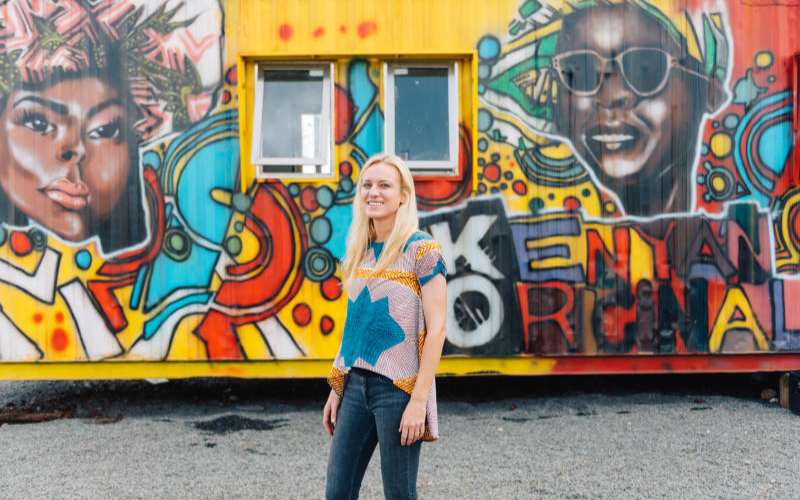×
The Standard e-Paper
Kenya’s Boldest Voice

In 2018, inspired by the traditional muratina brew, Alexandra Chappatte (pictured) founded Kenyan Originals offering consumers authentic craft beverages – alcoholic and non-alcoholic – made with locally sourced ingredients.